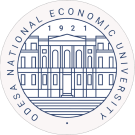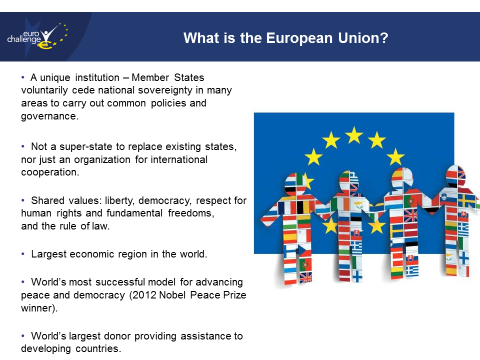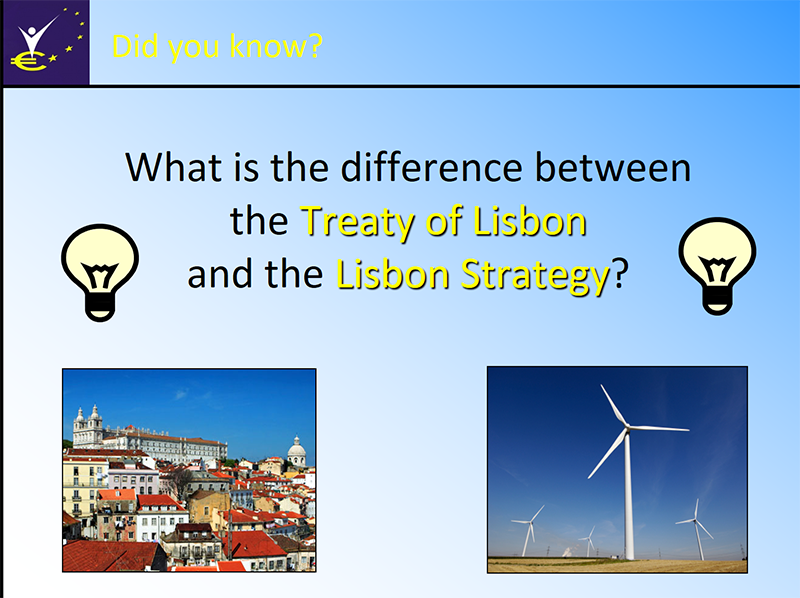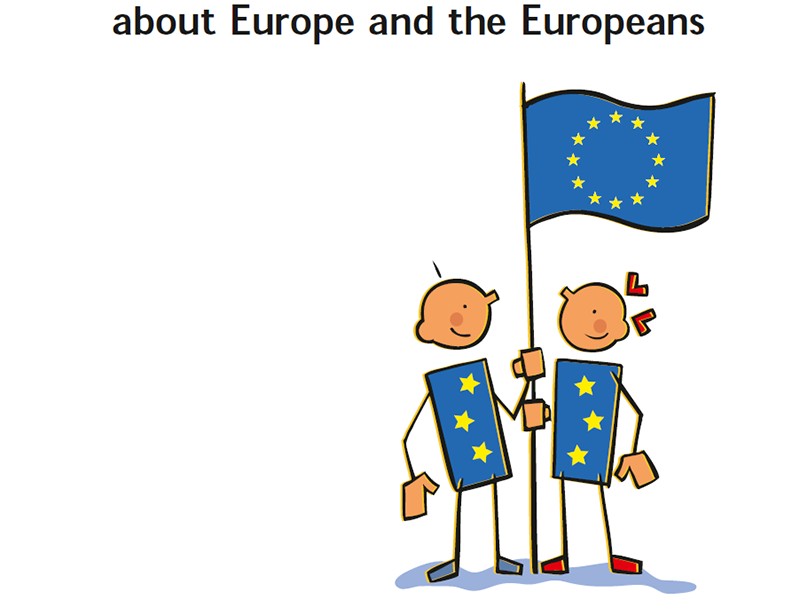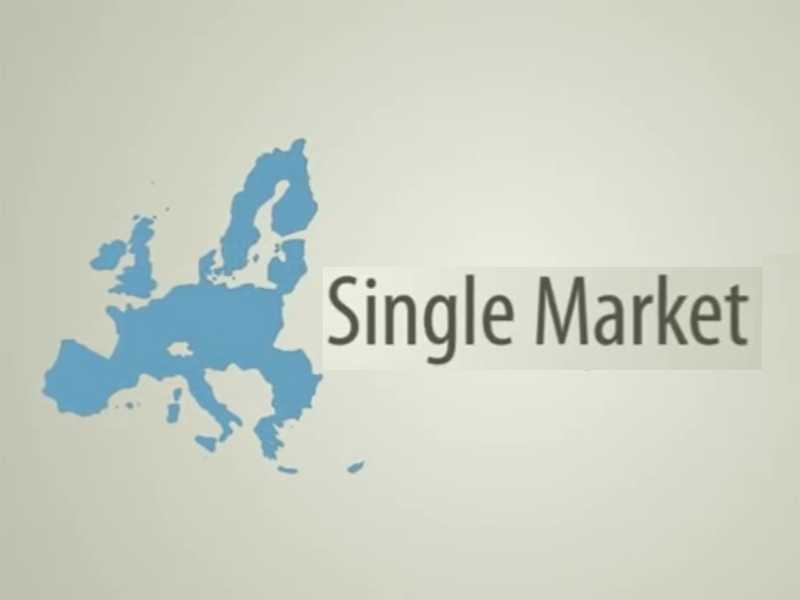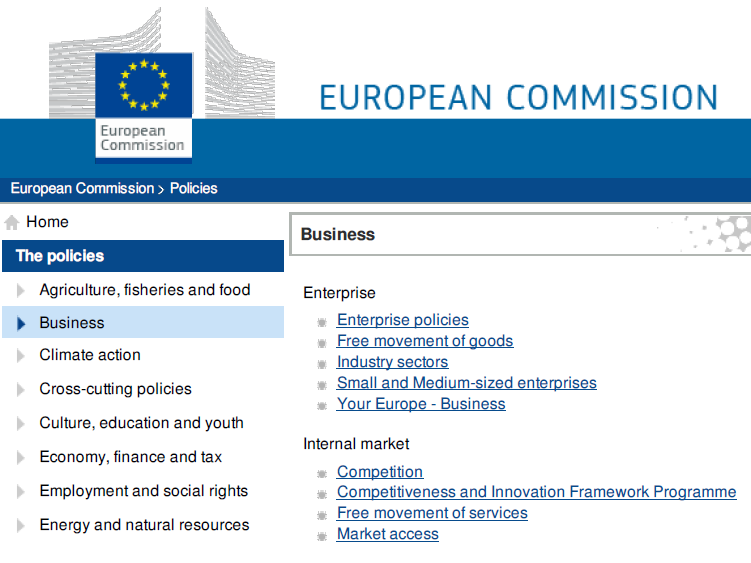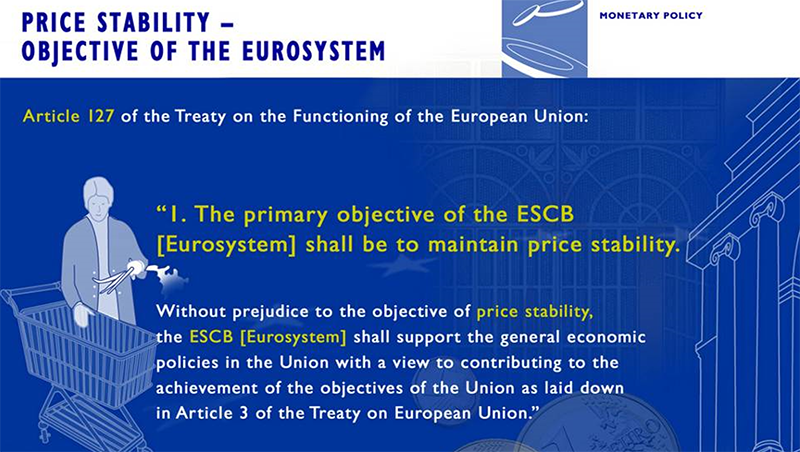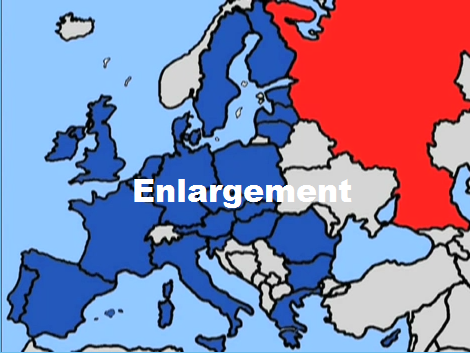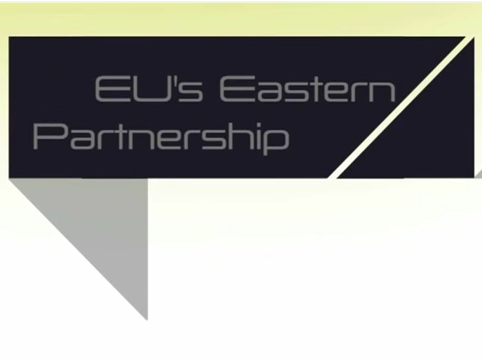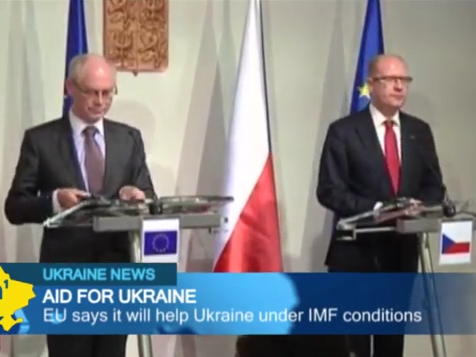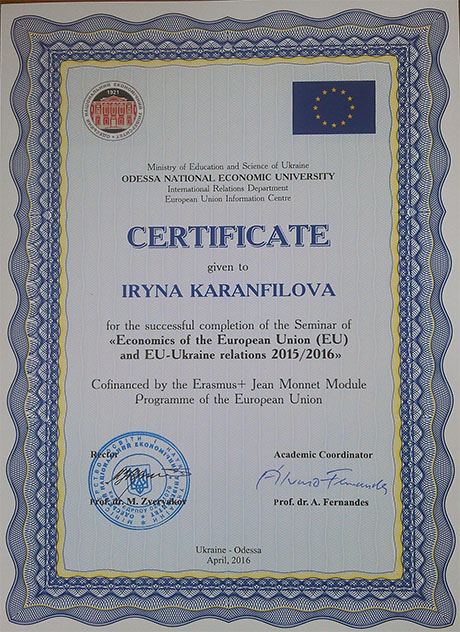
1. In August 2015 Legal Representative Prof. Dr. Michael Zveryakov (Rector ONEU) and Prof. Dr. Alvaro Fernandes (Academic Coordinator) of the Project: 564705-EPP-1-2015 Seminar Economics of the European Union (EU) and EU-Ukraine relationsreceived the news that their application in the framework of Erasmus+ Jean Monnet Module received a grant for 3 years.
In Ukraine 5 projects received a EU grant.
2. Implementation of the Seminar started in September 2015.
Posters at 3 Universities (Odessa National Economic University (ONEU), Odessa National University (ONU) and Odessa National Polytecnical University (ONPU)) announced the Seminar.
3. At the opening Ceremony of the Seminar on 10th September TV cover was given by 3 channels Rector, Vice-Rector and Academic Coordinator Prof. Dr. Alvaro Fernandes gave interwies to «VESTI Odessa» «Odessa Media» «7th channel»
Opening session: address of ONEU Rector
- Michael Zveryakov — Rector ONEU
- Alvaro Fernandes – Academic Coordinator
- George Shubartovsky – Vice-Rector ONEU, Logistics
- Viktor Shobik — Vice-Rector ONPU
- Yuriy Nikolayev – Ph. D., ONU
- Sergey Jakubovsky – Head of Department of World Economy and International Economic Relations
Video «Odessa Media» of the opening session
Information about the Seminar
1. Five Key points

Aims:
- To promote excellence in European Union Economic Studies (1)
- To increase the skills and employability of future graduates (2, 3)
- To create the basis for a future pole of European knowledge (4, 5)
1. Participants of the Seminar «European Union Economics and the future of EU-Ukraine relations 2015» are students of 3 Universities in Odessa .(ONEU),(ONU),(ONPU).
2. The Teaching methodology. was developed tailor-made to Ukraine students to promote excellence in research, learning and teaching for young academics in EU studies.
For the Program of the Seminar relevant topics on EU studies and EU–Ukraine relations were selected to increase employability of future graduates.
3. Part 1. of the Seminar (Sessions 1 to 10) deals with the process of European integration and the creation of the European single market. EU common policies and European monetary policy are other major subjects of Part 1. Part 2. of the Seminar (Sessions 11 to 17) is dedicated to the EU-Ukraine relations. Especially the EU-Ukraine Association Agreement, Eastern Partnership and Ukraine geopolitics will be dealt with.
The vast Bibliography. contains power-points presentations, videos with sound, books all on line in the One-Drive-Platform (OER) (https://onedrive.live.com/…) for the research of students for their presentations and will be updated every academic year (2015-2018) because the EU and specially Ukraine are going through big structural changes in economic and political level.
4. Through One-Drive platform. of the Seminar we contribute to dissemination of research in European Union studies (OER) specially needed at academic national level.
5. The Seminar contributes to the basis for future poles of European knowledge. .
Rectors (ONEU, ONU) and Vice Rector (ONPU) of these Universities are aware of the necessity of this course.
The medium term objective of this Seminar is the creation of a Department/Institute of European Union studies for post graduate students.
The Seminar constitutes the basis for future poles of European knowledge.

2. Teaching Methodology.
The teaching and learning methodology of this Seminar «Economics of the European Union and EU-Ukraine relations 2015» was developed to get the best outcome and results for the Ukrainian students. The ultimate aim is to increase competences of the students to attain the following five main objectives.
2.1. Learn how to use the One-Drive platform. to communicate online with the professor and the colleagues.
A paper on how to use the One-Drive platform is available in the platform.
Before the Seminar begins one Assistant is available to meet the students to explain how to work with the One-Drive platform and how to upload their presentations.
This platform helps all participants (Professor, staff members and students) to communicate among themselves.
2.2. Improve presentation skills of students.
It is scientifically proved that students learn best by doing and not by listening to professors in the classroom. Therefore in this Seminar students are the main players (actors) and I expect active participation of the students from the very beginning. Students make presentations and so they improve their presentation skills which will contribute to one of my objectives for the Seminar. This is very important in their professional life because writing good papers is important but presenting the arguments in a convincing way is even more important.
So, how can students learn to improve their presentation skills?
Four PowerPoint presentations are uploaded in the One Drive platform and students have a tutorial given by one Assistant on this subject before the beginning of the Seminar.
2.3. Use efficiently multimedia in their presentations.
The ONEU University makes all technological tools available in order the students can take advantage of the available tools and technology. It means that students can make use of multimedia in their presentations. In the bibliography we provide a selection of PowerPoint presentations, videos (with sound) and animation for the students to better capture the attention and act more efficiently with the participants.
With images, text and sound, participants will memorize the presentation much better than with just words.
Time limits are given for their presentations for them to learn how to manage the time of their presentations.
2.4. Gain competences on EU economic subjects.
The contents of the students’ presentations are relevant for their academic and professional lives.
The first part of the Seminar (Sessions 2 to 10) deals with the process of European Integration and the creation of the Single European Market.
The definition and implementation of the European Union Common Policies and European Monetary Policy are the other major subjects of the first part.
The second part of the Seminar is especially dedicated to EU-Ukrainian relationships. Moreover, Eastern Partnership and Ukrainian geopolitics will be dealt with in detail (Sessions 11 to 18).
2.5. Improve discussion skills.
After every presentation students ask questions and discuss the subjects with their colleagues and the Professor. Students will be encouraged to develop collective reasoning and examine the problems from multiple perspectives. Also to be able to synthesize and reconcile conflicting views and values.
The students must convince the participants with their arguments and the professor, immediately after each presentation gives comments to the students about their presentations and advise to improve their presentation skills.
3. Gives greater visibility of EU study at a national and level.
At the national level the European Union Information Centre (EUi) of ONEU will send to all (19) EUis in Ukraine the direct link to the Seminar One-Drive platform. The EU-Ukraine area of study only recently gained importance due the Ukraine crisis and geopolitical importance of the Ukraine. Nearly every day European and international mass media report on the Ukraine conflict and crisis. Both parts EU and the Ukraine only recently (2014) showed real interest in deeper political relations.
The second part of the Seminar deals with EU-Ukraine relations and the geopolitical importance of Ukraine.
A vast bibliography was selected and is online in the One Drive Platform and will be send to the EU Delegation in Kiev. The Seminar can be an incentive to other Universities also to introduce courses on EU-Ukraine relations.
In the recent elections the two main political parties account for 60% of the electorate and they are proEuropeans but majority of the population and students know very little about the EU.
So there is an urgent and acute need of information and study on the European Union in the country and in the Ukraine universities. The Seminar is a very humble contribution to the satisfaction of those needs.
Much has to be done and it will take long time until European values will be assimilated and internalized by the Ukraine society.
Program

Session 1
Part 1. Official opening of the Seminar with media and public. Welcomeaddresses by Rector andVice-Rector. Address by Prof. Dr. Alvaro Fernandes.
Questions.
Break 30min.
Part 2. Introduction and Presentation by Prof. Alvaro Fernandes.
Questions and discussion.
Session 2
2.1. Basic information on the European Union. How the EU works: The Treaty of Lisbon.
2.2. Breaches of the Treaty by EU members. Changes and amendments due to the debt crisis.
Session 3
The European Economy. Key facts and figure about Europe.
3.1 Size and population growth.
3.2. Economic activity and trade: GDP. Economic strategies for growth and International trade.
Session 4
European Integration
4.1. Stages of economic integration-From free trade zone to Euro zone
4.2. Theories .Trade creation, trade diversion
4.3. Fiscal Union, Banking Union.
4.4. Political integration (Schengen Zone, Visa policies)
4.5. Future of European Integration.
Session 5
Single European Market
5.1. Free movement of goods in the EU
5.2. Free movement of services, capital and of persons.
5.3. Protection against foreign competition.
5.4. Lisbon strategy for the functioning of the EU internal market
Session 6
European Union Common Policies
6.1. Business. Industry sectors, enterprise policies, SME´s, single market, free movement, competitiveness, completion.
6.2. Agriculture. CAP, Rural development, food safety.
6.3. Cross-cutting policies. Financial and economic crisis. Europe 2020-new strategy, better regulation, sustainable development, multilingualism.
6.4 Economic, finance and tax. Financial services, budget, competition, customs, economy. Fight against fraud, taxation.
Session 7
The Common Agriculture Policy.
7.1. The original system of CAP
7.2. Agenda reforms. Meeting the needs of farmers and consumers.
Session 8
The ECB monetary policy
8.1. The European Central Bank
8.2. Organization and monetary policy strategy.
8.3. The Euro: the sovereign debt crisis and the future of the Euro.
Session 9
EU and Enlargement
9.1. Problems of Enlargement.
9.2. Candidates.
Session 10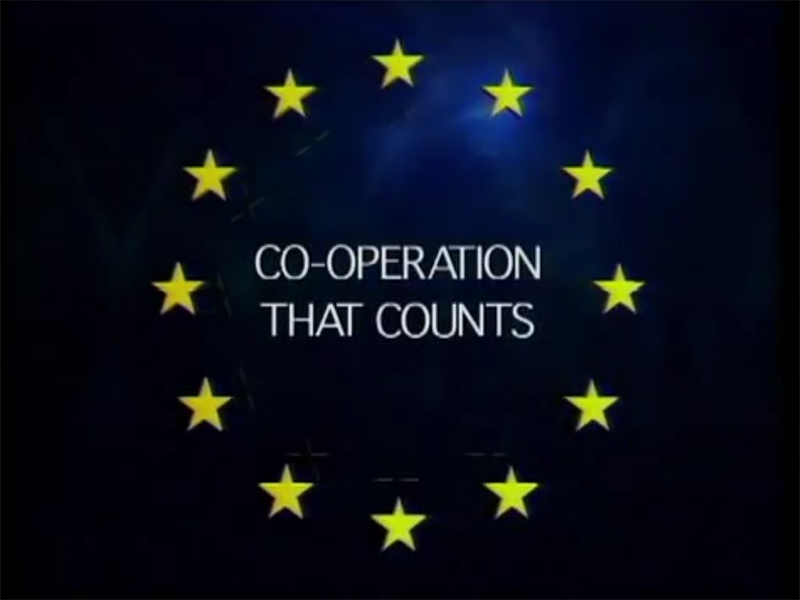
EU and Developing countries
10.1. Foreign Aid and Economic Development.
10.2. EU development policy. Millennium Development Goals.
10.3. EU and the ACP counties.
Session 11
EU-Ukraine Association Agreement. Part1
11.1. General Principles. Trade. Economic and Sector Cooperation. Financial Cooperation.
Session 12
EU-Ukraine Association Agreement. Part2
12.2 Agenda to prepare the implementation of the Agreement Luxembourg June2013.
Session 13
Eastern Partnership, Neighbourhood policy.
13.1. Eastern Partnership 2009
13.2. Eastern Partnership multilateral Platforms 2014-2017. Democracy, Good Governance and Stability, Economic Integration, Energy security and Contacts between people.
13.3. EU Neighbourhood policy (2004). Action plan. Financial support. Economic Integration. Easy travel to the EU. Technical and financial support.
Session 14
EU financial assistance to Ukraine.
14.1. EU financial co-operation with Ukraine (EU-Ukraine Association Agenda)
14.2. EU financial aid to Ukraine (Feb.2014).
14.3. IMF assistance To Ukraine (March 2014).
Session 15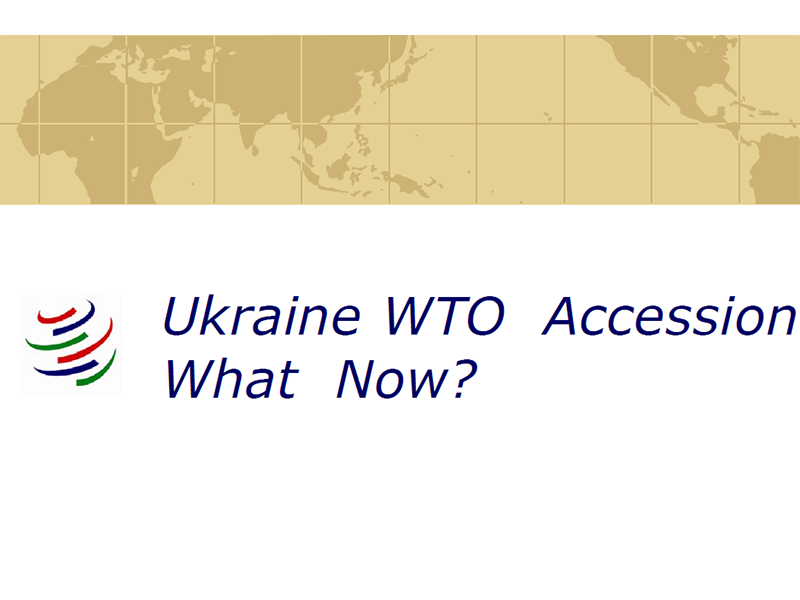
WTO membership of Ukraine.
15.1. The path of Ukraine into the WTO.
15.2. Ukraine member of WTO (2008).Commitments in the working party report. Market access to goods. Market access to services. Trading partners.
Session 16
Eurasian Customs Union/Economic Community (2014)
16.1. Customs Union. Belarus, Kazakhstan and Russia.
16.2. Market access (Exemptions and restrictions)
16.3. Enlargement policy.
16.4. Benefits for whom? – World Bank analysis.
Session 17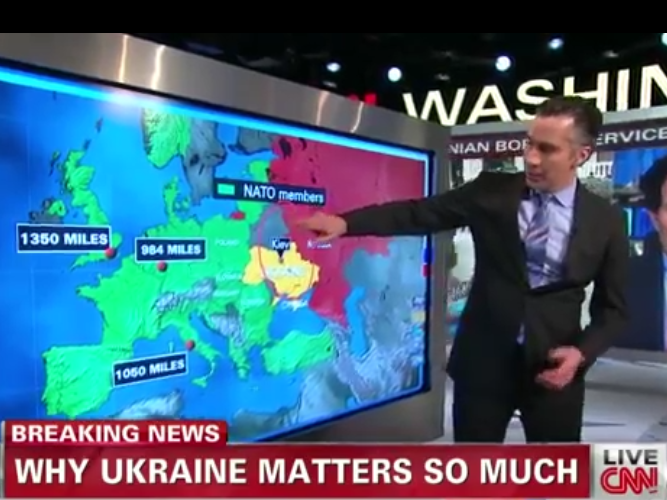
Ukraine geopolitics.
17.1. Geopolitical importance of Ukraine and future prospects of geopoliticalbalance.
17.2. Conflicts of interests: Ukrainian political parties, EU, USA, Russia
Session 18
European Union Crisis and distribution of Certificates by Rector
Session 19
Closing Session.
1.Enrollment to the Seminar.
Assistant Gleb Zadorozhko (ONРU) coordinated the enrollment of students to the Seminar. 40 students of 3 Universities were enrolled.
2.Meetings before beginning of the Seminar.
Academic Coordinator had several meetings with Assistants to explain teaching and learning methodology of the Seminar and for constitution of groups of students for presentations.
Meetings with Rector,Vice Rector and Assistants .
Several meetings were held and several administrative documents were produced to officially implement the project at the University(ONEU).
3.Improving presentation skills.
 Julia Barabash held 2 Sessions before Seminar begin for students on”Improving your presentations skills.
Julia Barabash held 2 Sessions before Seminar begin for students on”Improving your presentations skills.
4.How to work with One-Drive Platform.Skype Conference (Lisbon-Odessa)

Prof.Dr.Paulo Pinto (Universidade Lusiada,Lisbon ) and Dr.Edgar Rocha (Senior Economist,Lisbon) held a Skype Conference with participants of the Seminar.
After presentation of the Assistants students had the opportunity to ask questions.
It was a very useful and high-qualitative technical Session (perfect sound and image).
5. Оfficial opening of the Seminar.
6. Seminar Sessions (organization).
-
- 6.1. Discussion of the EU and World news – Students got the recommendation at the very beginning to watch main world TV-channels giving breaking EU and World news
- 6.2. Introduction of the Session by Academic Coordinator — in the first hour of the Session Academic Coordinator discusses with students the top-world news and introduces the subject of the Session.
- 6.3. According to the program the Students should coordinate their presentations in order to develop team work in their future professional life. 2 Students present the subject of the Session.
- 6.4. Evaluation of the Presentations by the Professor — after each presentation Professor gives evaluation and suggestions of improvement of the students presentations and opens the floor for discussion.
- 6.5. Discussion with the students – in every Session Students were very active asking questions to Presenters and discussing the subjects between themselves. The arguments were exchanged in a very positive and polite way. Although, difference of opinion prevailed and were accepted.
7. Filling in the questionnaire about satisfaction of students with the teaching and learning methodology.
Overall assessment of the teaching and learning methodology by the students was good to very good.
Questionaire – Quality control ERASMUS+
8. Closing Session.
Addresses by Rector,Vice-Rector and Academic Coordinator.
Distribution of Certificates by the Rector.
Dissemination
6.1. Academic Coordinator was invited by Odessa National Polytechnical University (ONPU) Dean Svetlana Filipova to address the Conference: «Problems of economic development of industrial enterprises» at Odessa National Polytechnical University. In his address he had the opportunity to mention the grant given by the EU for our Seminar.
6.2. Academic Coordinator was invited by Odessa I.I. Mechnikov National by the Head of Department of World Economy and International Economic Relations in April 22-23 2016 at the Conference «Welfare of nations in the conditions of global instability» to speak about his EU grant.
Video for «VESTI Odessa» about conference
6.3. Academic Coordinator invited Director of Regional Institute for Public Administration Dr.Mykola Izha to send students to next Seminar Sept./Oct. 2016. Some of these students are already adults and have working in Public Administrations.
6.4. Presentation of Web-Site and discussion
6.5. Academic Coordinator wrote to the Head of the EU Delegation in Kiev to invite students to visit the Delegation. This request is still under study. A Programme will be proposed by the Delegation.
Alvaro Fernandes
Academic Coordinator
ONEU
8, Preobrazhenskaya
Odessa, 65082, Ukraine
e-mail: ajlfernandes777@yahoo.de
EUi +38048 7230378
